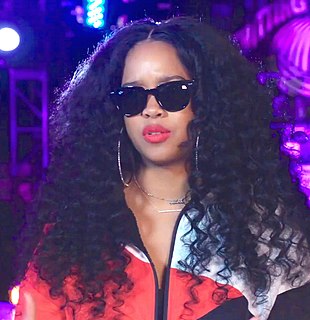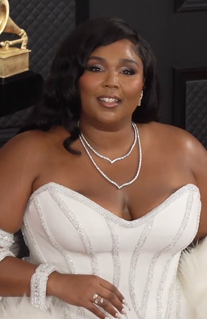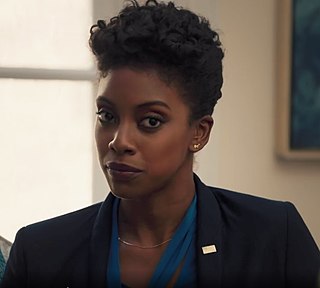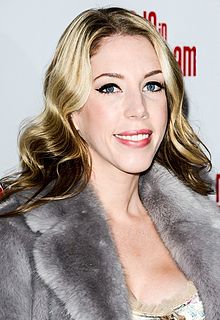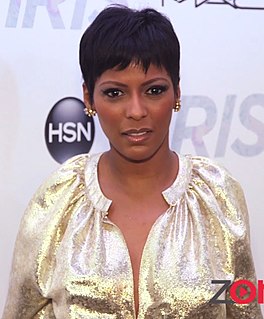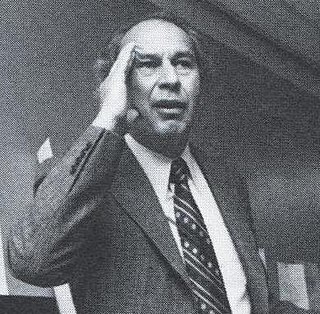Цитата Габриэллы Уилсон
Как чернокожей женщине, мне всегда приходилось много работать, чтобы заслужить уважение как музыканта — и как молодой женщины тоже. Как писатель, на определенных сеансах или в определенных комнатах люди думают: «Чей это ребенок? Кто эта маленькая девочка? Я должен был проявить себя.
Связанные цитаты
Когда я вернулась домой, мне постоянно напоминали, что я африканка, и поэтому есть определенные вещи, которые я не должна делать, определенные амбиции, которые я не должна поддерживать. Для меня это было проблемой, потому что я никогда не думала о себе как об африканке, никогда не думала о себе как о женщине с самого начала. Для меня пределом была моя способность, моя способность.
Поэтому, когда дело доходит до того, чтобы быть образцом для подражания для женщин, я думаю, это из-за того, как я отношусь к себе и как я отношусь к себе. Я женщина, я отношусь к себе с уважением, и я люблю себя, и я думаю, что если я держу себя в определенном уважении и сохраняю это по отношению к себе, то это отразится на таких людях, как я.
Я говорю людям, которые слишком молоды, чтобы знать, что мы появились в два из самых догматичных периодов новейшей истории — так называемую эру хиппи и эру панка, обе из которых имели набор кодексов и правил, которые вы должны были выглядеть и одевать. и думать определенным образом, и наверняка, чтобы быть в определенном возрасте.
Я просто считаю себя писателем. Да, я женщина. А я писатель. Основная проблема в том, что мне нравится писать истории о молодых женщинах, а общество не придает большого значения рассказам о молодых женщинах. И я думаю, именно поэтому я тяготею к этому. Я действительно чту это и ценю это время, и им следует оказывать такое уважение.
Я подумал, что если бы нам пришлось выбирать женщину-президента, она была бы первой женщиной-президентом, а если бы у нас был ребенок из Гонолулу и выпускница Гарварда, у нас был бы первый чернокожий президент. Они оба были юристами, и они знали закон, и я видел Обаму и сказал, что у него есть некоторое видение, и это то, за что многие люди цепляются.
Я стараюсь не думать о себе как о женщине-режиссере. Я не ищу женского влияния. В последние несколько лет я заметил, что есть определенный потолок, которого может достичь женщина-режиссер. Я не считаю, что это сексизм как таковой, но в индустрии есть определенные ожидания относительно того, какими должны быть фильмы, как они должны быть сделаны, какие истории они должны рассказывать, и это привычка, это традиция.
Но поездом в ней пронеслась мысль: Марья Моревна, вся в черном, здесь и сейчас, была точкой, на которой встречались все женщины, которых она встречала, — и яичканка, и ленинградка, и девица-черти; девушка, которая видела птиц, и девушка, которая никогда не видела - женщина, которой она была, и женщина, которой она могла бы быть, и женщина, которой она всегда будет, вечно пересекаясь и сталкиваясь, тысячи птиц, падающих с тысячи дубов, снова и снова .
